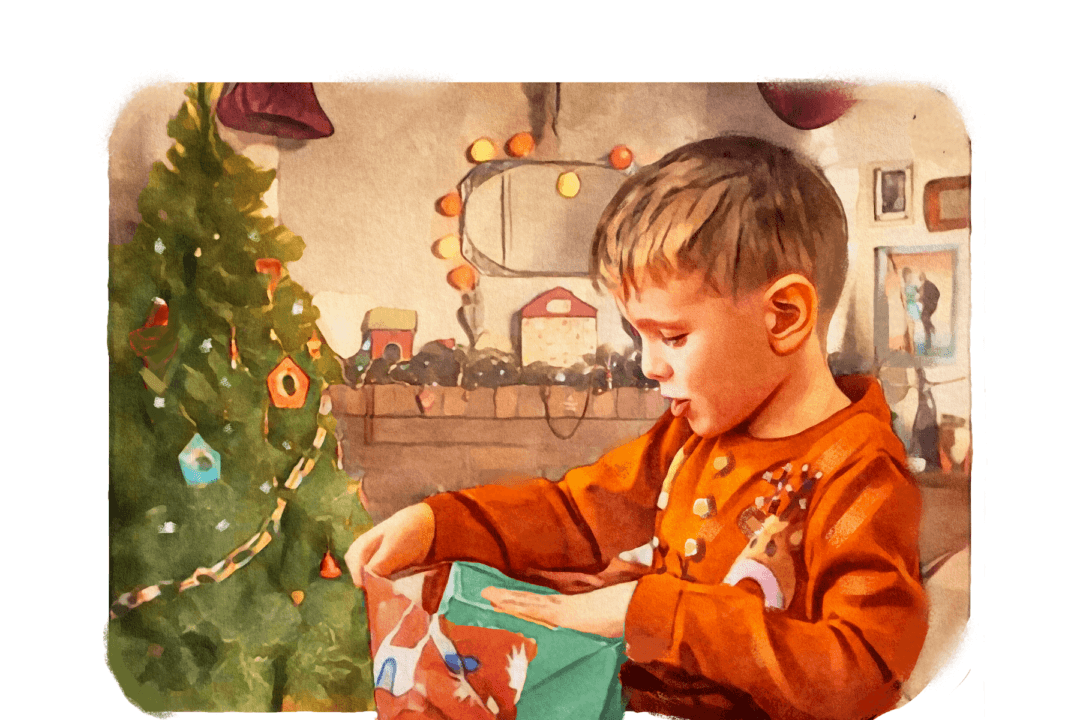With Mother’s Day in view, I’m thinking about mothers and what distinguishes them from other women. While no two women are the same, there is one major difference: Mothers raise children. Some women look forward to having children but, for some reason, they or their husbands are unable to procreate. Many consider adoption, but some fear it will make them stand out from others, that it will be too difficult, or that the children will not love them as birth children would.
Let’s take a closer look at adoption.





